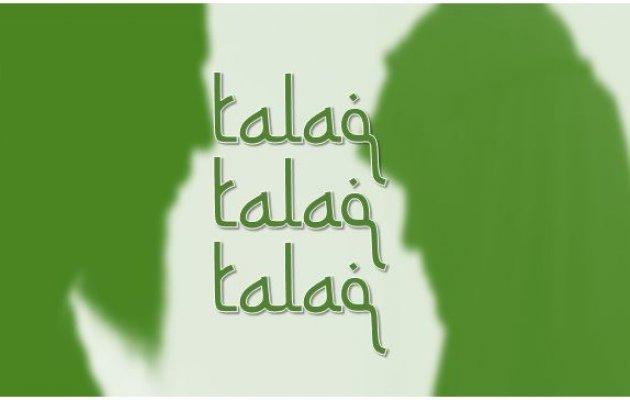Government is clearing a way for Uniform Civil Code through triple talaq : JUH
04:26PM Mon 10 Oct, 2016

New Delhi: Strongly condemning Central government’s affidavit filed before Supreme Court that opposes practice of triple talaq and polygamy, Jamiat Ulama-e-Hind (JUH) called it NDA government’s first move towards implementing Uniform Civil Code.
The Centre on Friday opposed the practice of triple talaq and polygamy in the Supreme Court and said it can't be regarded as an essential part of religion.
Maulana Arshad Madni, President of Jamiat Ulama-e-Hind reacted sharply to Centre’s stand and said by interfering in Muslim Personal laws under the pretext of gender equality, the government is making its way clear for implementing Uniform Civil Code.
“Muslim Personal laws are based on Islamic scriptures mainly Quran and Hadees which cannot be replaced and hence there is no scope of interference in these laws. We reject government’s stand opposing these laws that are prevalent in the country since its inception during British era. This is for the first time that Indian government has opposed these laws and hence clearly reflects its ambition of implementing uniform civil code”, Madni said in a press release.
He also said that JUH is the oldest Muslim organization that was also functioning during country’s independence struggle and then it was agreed by Mahatma Gandhi and Pandit Nehru that minorities will be given freedom to practice their personal laws.
“During partition Muslims were assured that the country will have secular constitution and Muslims would be able to practice Personal Laws. We stayed here due to that assurance but now this government is all set to infringe those laws and impose uniform civil code”, he added.
JUH is a party to the PIL instituted suo motu by the Supreme Court and has resisted interference in Personal laws.
JUH has contended that the apex court cannot examine the constitutional validity of the practices of marriage, divorce and maintenance in Muslim personal law on the ground that provisions of personal laws cannot be challenged by the reason of fundamental rights.
After this submission in February, Court had asked centre to file its reply. Centre filed affidavit on Friday and countered the claim of the Muslim law board and said, “Practices of triple talaq, polygamy and nikah halala cannot be regarded as essential part of religion and hence get no protection under fundamental right to religion."
Meanwhile, the law panel has sought public views on the subject to revise and reform family laws, saying the aim is to address social injustice rather than plurality of laws.
Madni appealed Muslims to come up openly in support of Muslim Personal Laws and present their strong stand of non interference in personal laws.
“I am sure 99% Muslims in the country will want no interference in these laws. With the help of Personal Law Board and other organizations Jamiat will continue awareness campaign among Muslims. We will tell them to express their views before law panel”, he further said.
By A Mirsab, TwoCircles.net,











